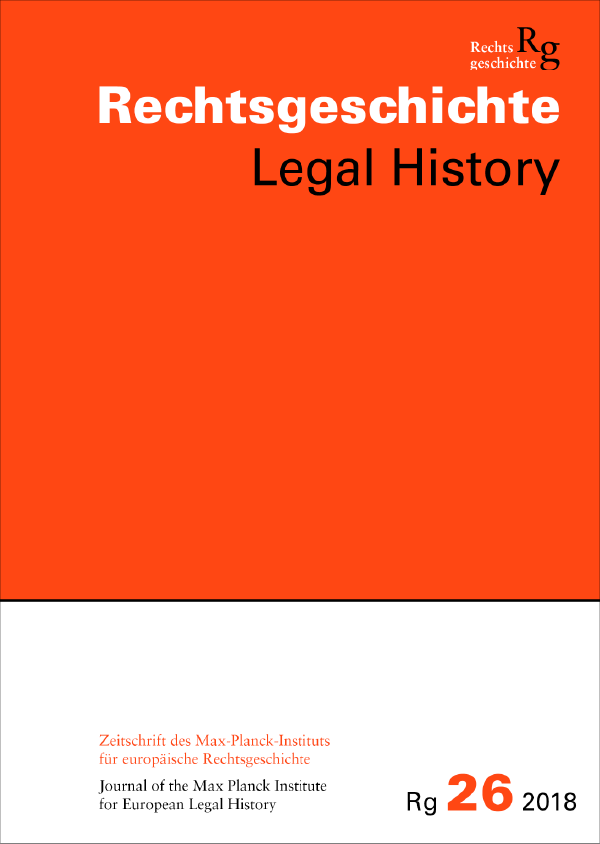The Reception of Continental European Civil Law in Taiwan and the Uniqueness of Taiwanese Civil Law
DOI:
https://doi.org/10.12946/rg26/070-089Keywords:
Taiwanese law, Continental European law, civil law, customary law, democratizationAbstract
Taiwan became a colony of Japan in 1895, and thus followed Japan in transplanting Continental European civil law. Early in the period of Japanese rule, Taiwanese civil matters were largely decided according to customs, which were informed by concepts and terminology of Continental European civil law. However, the ownership, pledge and mortgage of Continental European law had been partly introduced to Taiwan. Later in the period of Japanese rule, property law in the Japanese Civil Code, receiving continental European law, took effect in Taiwan. In contrast, the status law relating to the Taiwanese was still applied to customary law and was shaped by terminology of Continental European civil law.
Taiwan became a province of China during the period of four years after World War II, and it began to implement the civil law of China in the republican era. As a result, the Taiwanese status law was also modeled on Continental European law.
Taiwan has been a de facto state since 1949, the year China began to be ruled by the communist party. Taiwan continues to enforce the civil law, which originated in Republican China, with its roots in Continental European law, and adds many elements from American law in the special civil law due to close political and economic ties with the United States. However, the theory and practice of civil law in Taiwan has been dominated by the jurisprudence and laws of Continental Europe, especially Germany. In post-war Taiwan, the majority of the first-generation legal scholars came from Republican China and were deeply influenced by Continental European law; the minority had been trained in pre-war Japanese law, which received Continental European law as well. Many Taiwanese legal scholars, from the second generation to today, directly borrowed from Germany or learned from Japan to introduce the civil law and its theories in post-war Europe to Taiwan.
After the democratization of Taiwan in the 1990s, people in Taiwan have reformed their legal system for their own needs. With legal knowledge incorporating the ideas of Continental European civil law, a localized civil law has been shaped by the decisions of Taiwanese courts, the struggle of social movements in Taiwan and the reaction of Taiwan’s legislature. This law is unique among countries in East Asia because it is based on the social needs of Taiwan.
Downloads
Published
How to Cite
Issue
Section
License
Copyright (c) 2018 Author

This work is licensed under a Creative Commons Attribution-NonCommercial-NoDerivatives 3.0 Unported License.





